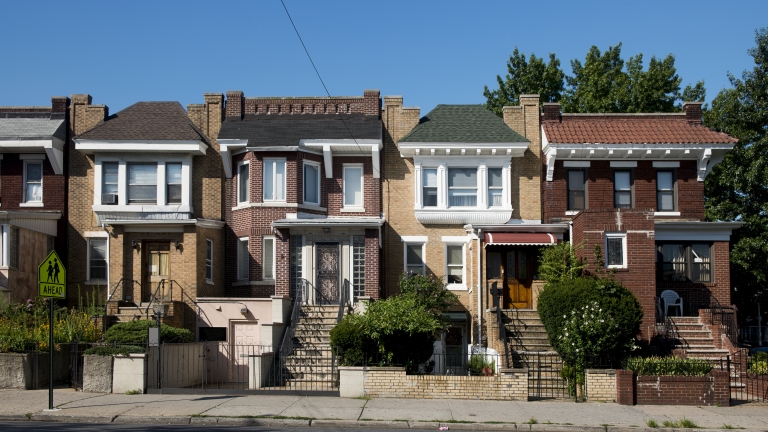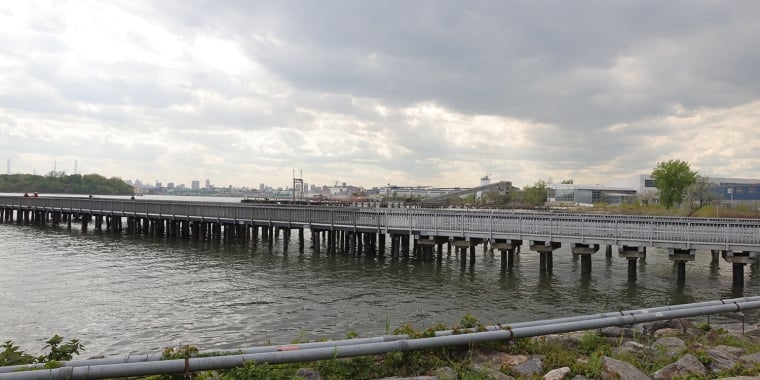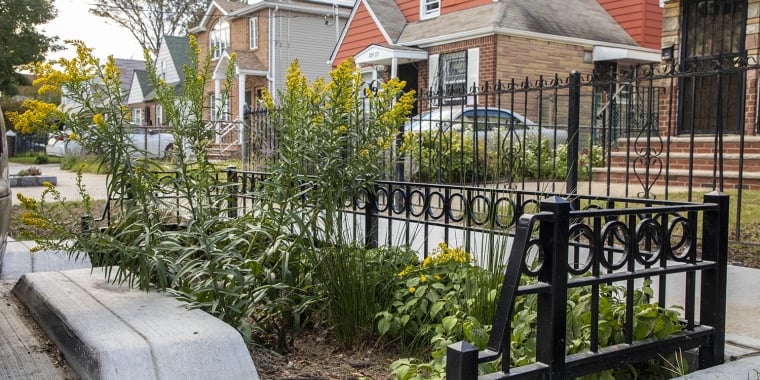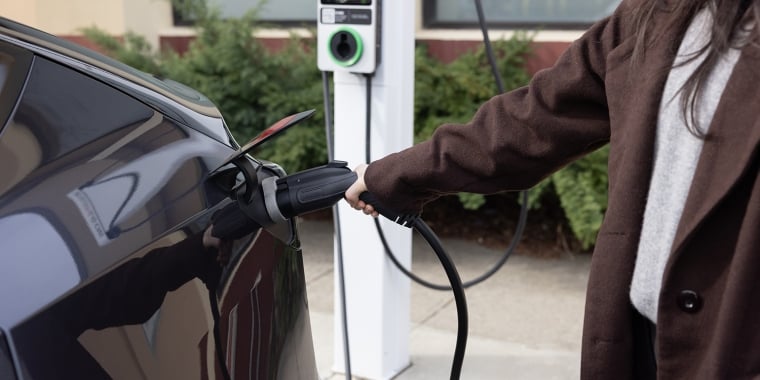City Exploring New Shared Equity Models of Community Wealth Building and Ownership

Request for Information Seeks Models of Housing and Economic Development That Help New Yorkers Build Wealth and Participate in Sustainable Ownership
NEW YORK, NY—The New York City Department of Housing Preservation and Development (HPD), the New York City Economic Development Corporation (NYCEDC), and the New York City Department of Consumer and Worker Protection (DCWP) today issued a Shared Equity Request for Information (RFI). The City is looking for models that enable low- to moderate-income households and households of color to build wealth through collective ownership of neighborhood assets – such as homes, businesses, land, and others – while keeping these assets affordable for their communities in the long-term.
Today, the COVID-19 pandemic has exacerbated long-standing housing, economic, and racial disparities in New York City and across the country. This unprecedented crisis emphasizes the need to explore new tools to address these disparities and build on the success of traditional shared equity strategies like community land trusts and worker cooperatives. As such, through this RFI, the City is interested in learning about other models of shared equity, in addition to those with which the City already has experience. Some examples include, but are not limited to, community equity investment models, rent-to-own models, public land trusts, and green economy models.
"In order to advance an equitable recovery for all, we need to use tried and true methods of breaking down historic barriers to building wealth,” said Deputy Mayor for Housing and Economic Development Vicki Been. “We look forward to seeing all the great proposals that come out of this request for information.”
“Even in challenging times, low-income individuals and communities of color—working together—have immense capacity to drive innovation, recovery, and resilience. Indeed, New York City has a rich history of cooperative economics, from union-financed housing cooperatives to the Young Negro Cooperative League founded in Harlem during the Great Depression,” said Deputy Mayor for Strategic Policy Initiatives J. Philip Thompson. “Through this Request for Information about shared equity strategies, we hope to identify new solutions from community experts that can help us catalyze an equitable recovery.”
“As this administration works towards an equitable recovery for all New Yorkers, we’re looking for new ways to stabilize low-income and marginalized communities, while also providing long-term residents with opportunities to build wealth as their communities bounce back,” said HPD Commissioner Louise Carroll. “I am grateful to EDC and DCWP for partnering with us to bring more innovative ideas to the table to help us advance greater affordability and equity in New York City.”
“As the City looks toward the future, it is committed to a recovery that puts equity at the center,” said Rachel Loeb, Acting president of New York City Economic Development Corporation. “Identifying new models of equitable homeownership is a major milestone in achieving that goal. We are thrilled to partner with HPD and DCWP to advance wealth-building and shared equity housing opportunities for all New Yorkers.”
“Our community wealth building work at DCWP seeks to strengthen the financial health and asset building opportunities of New Yorkers with low incomes and their communities. Now as we work towards recovery, one of our core principles centers on shared, stable, and equitable prosperity for all New Yorkers. Shared enterprises serve as anchors of stability in our current moment of economic uncertainty,” said DCWP Commissioner Lorelei Salas.
“We've made progress toward tackling the affordable housing crisis in recent years, but unfortunately, current programs were still falling short of meeting the full housing need even before the pandemic left us reeling,” said Assemblyman Steven Cymbrowitz (D-Brooklyn), Chair of the Assembly Housing Committee. “Tools like shared equity can help put today's New Yorkers back on solid footing by providing the opportunity for homeownership and all the benefits that come with it—including a return on investment—without passing the cost on to future generations. I'm grateful for HPD and DCWP's efforts to revive and reinvent strategies that will ensure permanent affordability in the City and look forward to seeing how an equitable homeownership model can work for our communities."
Shared equity strategies have historically offered low-income households and households of color opportunities for sustainable ownership, wealth building, and stability, while ensuring long-term affordability of neighborhood assets. For these reasons, the City has been investing in shared equity strategies such as limited equity cooperatives, Housing Development Fund Corporations (HDFCs), and mutual housing associations (MHAs) for decades. Since 2017, HPD has also actively supported the growth of new community land trusts (CLTs)—nonprofit, community-based organizations designed to ensure community stewardship of land—to create and preserve affordable housing and homeownership opportunities on City-owned land.
This past year, the administration made significant strides toward expanding the City’s shared equity housing stock. In March 2020, HPD provided rehabilitation financing and a new Article XI tax exemption to enable the ongoing affordability and operations of more than 300 units of affordable co-op and rental housing as part of the Cooper Square CLT, one of the City’s first —and for several decades, only—successfully operating CLTs. In November 2020, HPD provided rehabilitation financing and four, formerly City-owned buildings to the East Harlem/El Barrio CLT. In addition, HPD is preparing to support a new CLT in Edgemere, Queens to facilitate long-term affordability and resilient land management. A key goal of the Resilient Edgemere Community Plan, HPD has identified City-owned sites that could be included in a CLT and began community engagement and coordination with local organizations last year.
Beyond housing, New York City has also invested in capacity building for both new and existing worker cooperatives to create sustainable jobs and build community wealth. Most notably, at the end of 2020, the City launched Employee Ownership NYC, the nation’s largest municipal initiative for education and technical assistance around employee ownership and conversion. The City also recently released a report, Municipal Policies for Community Wealth Building, which presents a framework for enacting public policy that promotes community wealth building and broad-based ownership across several sectors, including housing, employment, and financial institutions.
This Shared Equity RFI is the latest in the City’s efforts to create a city affordable for all New Yorkers and fulfills Mayor de Blasio’s commitment to exploring new models of building neighborhood wealth. Specifically, the City is interested in learning about shared equity strategies that advance one or more of the following goals for low-income and marginalized communities:
- Preserving or creating long-term affordability for housing and/or community assets
- Promoting racial and social justice
- Supporting wealth accumulation for individuals and communities
- Addressing housing insecurity and/or promoting equitable development
- Promoting community stability by preventing displacement
- Supporting individual or community resiliency, preparedness, and recovery in the face of environmental, economic, or social shocks and stresses
- Building and sustaining community power and facilitating community-decision making
- Offering alternative forms of sustainable ownership for individuals and communities
Respondents to the RFI are encouraged to share expertise related to the structure, operations, financing, benefits, and/or challenges of shared equity housing and economic development models. All entities that practice, finance, support, develop, or research shared equity models of housing and economic development are encouraged to apply. These entities may include but are not limited to community-based, nonprofit, or grassroots organizations, municipalities, affordable housing developers, banks, lenders, Community Development Financial Institutions (CDFIs), philanthropic organizations, and research institutions. The City particularly encourages responses from Minority- and/or Women-Owned Business Enterprises (M/WBEs).
Interested parties can apply for the Shared Equity RFI online by June 9, 2021 at 4:00pm. With the information gathered from this RFI, HPD expects to release a subsequent Request for Expressions of Interest (RFEI) or Request for Proposal (RFP).
About HPD
The New York City Department of Housing Preservation and Development (HPD) is the nation’s largest municipal housing preservation and development agency. Its mission is to promote quality housing and diverse, thriving neighborhoods for New Yorkers through loan and development programs for new affordable housing, preservation of the affordability of the existing housing stock, enforcement of housing quality standards, and educational programs for tenants and building owners. HPD is tasked advancing the goals of the City’s housing plan – a critical pillar of Your Home NYC, Mayor de Blasio’s comprehensive approach to helping New Yorkers get, afford, and keep housing in these challenging times. For full details visit nyc.gov/hpd and for regular updates on HPD news and services, connect with us on Facebook, Twitter, and Instagram @NYCHousing.
About NYCEDC
New York City Economic Development Corporation creates shared prosperity across New York City’s five boroughs by strengthening neighborhoods and creating good jobs. NYCEDC works with and for communities to provide them with the resources they need to thrive, and we invest in projects that increase sustainability, support job growth, develop talent, and spark innovation to strengthen the City’s competitive advantage. To learn more about our work and initiatives, please visit us on Facebook, Twitter, or Instagram.


